
Brain Health Day
Brain Health Day was a successful event held at Manchester Central library on Saturday 18th March 2023. This event showcased research happening at the Geoffrey Jefferson Brain Research Centre (GJBRC) in Manchester. The public had the opportunity to attend a series of talks from leading academics, ask questions, explore science activity stands, play brain games, and much more!
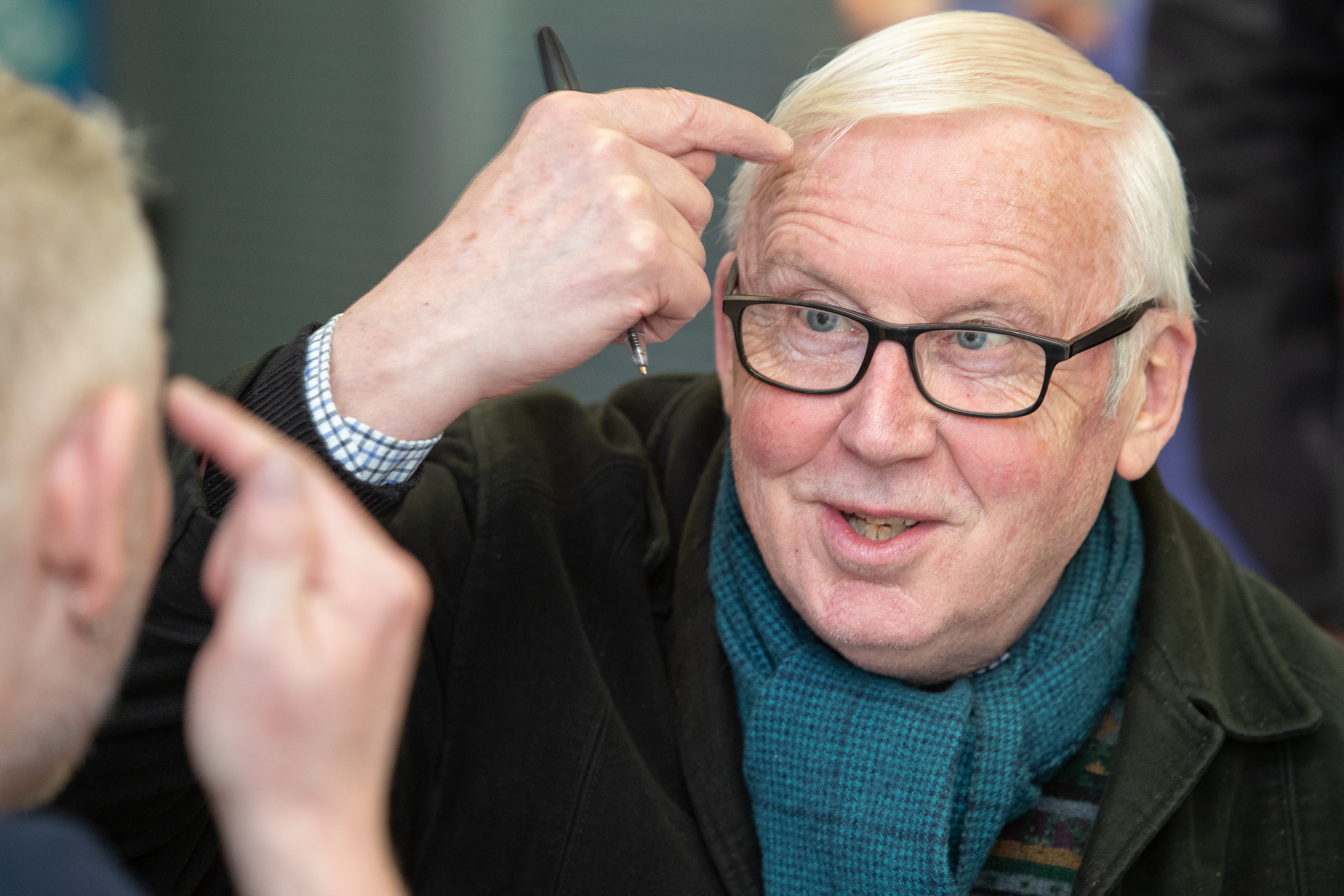
Watch the Talks
If you missed the talks on the day, you can watch the recordings in the boxes below.
Memory, mind and mood after stroke - is the immune system to blame when things go wrong?
 Speaker: Professor Craig Smith, consultant in stroke medicine
Speaker: Professor Craig Smith, consultant in stroke medicine
Stroke-IMPaCT is a pioneering study looking at why and how up to one-third of stroke survivors develop problems with cognition (memory, learning and thinking abilities).
Listen to Professor Craig Smith, study lead at Salford Hospital, speak about why this work is so important for the fields of stroke and dementia. Craig explains how piecing together information from blood samples, medical history, and brain scans can help answer vital questions that could lead to treatments to help improve the lives of people who have had strokes.
Have your eyes opened to the commitment and dedication of the many wonderful stroke survivors who make this research possible.
Q&A – From patient to research involvement: why our voices matter
Speakers: Ann and Wendy, patient and research advocates
Listen to Wendy and Ann for an insightful session to learn about why being involved in research matters to them.
After learning that atrial fibrillation may have contributed to her stroke, Wendy now travels around the north-west as a Heart Hero with the Innovation Agency, helping to test others as part of a national cardiovascular disease prevention programme. Wendy is also a member of trial steering groups, in which she helps provide advice and perspective on stroke research projects led by Professor Craig Smith.
Ann is the Honorary Lay Lead for Patient Carer and Public Involvement at the Geoffrey Jefferson Brain Research Centre. Ann became interested and eventually involved in research following a stroke in 2011. She felt she received excellent treatment at the hospital stage and took part in a project as a participant, as she wanted to give something back. She found a whole new and exciting world that she was lucky enough to be able to contribute to in a very small way.
Poetry performance by Lemn Sissay OBE
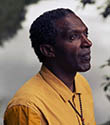 Listen to esteemed poet Lemn Sissay OBE give a live performance of his poem, Find Me.
Listen to esteemed poet Lemn Sissay OBE give a live performance of his poem, Find Me.
The Geoffrey Jefferson Brain Research Centre: Who we are and where we're going

 Speakers: Alisha Patel and Professor Stuart Allan
Speakers: Alisha Patel and Professor Stuart Allan
Led by Alisha Patel (Centre Manager) and Professor Stuart Allan (Centre Co-Director), this talk will give you an overview of the wide-ranging research taking place at the Geoffrey Jefferson Brain Research Centre (GJBRC), and share how we’re putting our mission to deliver patient-driven, patient-led research into action.
Learn how discoveries made by Professor Allan and other GJBRC researchers have already had an impact on patients, and how we plan to continue to make discoveries that change lives.
The life of a brain tumour: How does a glioma grow?
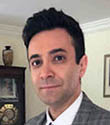 Speaker: Mr Saam Youshani, neurosurgeon
Speaker: Mr Saam Youshani, neurosurgeon
What is a brain tumour? How does a brain tumour start and spread inside the brain? Why are they so hard to treat? What are the current treatment options? How do we study them in the lab?
Listen to Mr Saam Youshani, a neurosurgeon from Salford Royal Hospital cover these topics. Most importantly, he will discuss the research happening right here in Manchester in the fight against brain tumours.
Small arteries, big consequences
 Speaker: Dr Harry Pritchard, researcher in cardiovascular sciences
Speaker: Dr Harry Pritchard, researcher in cardiovascular sciences
The Ancient Egyptians knew about dementia, but over 3,500 years later we still do not have a full understanding of the syndrome and how best to treat it.
Listen to Dr Harry Pritchard, a Research Fellow in the Division of Cardiovascular Sciences, describe the impact of a reduced blood flow to the brain in dementia. He discusses the work currently ongoing in Manchester about how to study how blood vessels, smaller than a width of hair, which can become damaged and potentially lead to dementia onset.
More than just pretty pictures: exploring the physics inside the brain
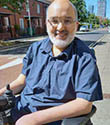 Speaker: Dr Hamied Haroon, neuroimaging researcher
Speaker: Dr Hamied Haroon, neuroimaging researcher
MRI scanners look like a doughnut and can be a bit claustrophobic and noisy to go in, right? But they give us exquisitely detailed images of the brain and body in action; images that look like actual cut slices even though a blade has gone nowhere near the person.
MR (magnetic resonance) images are made by an interplay of strong magnetic fields, radiofrequency energy and the water in our bodies. Listen to Dr Hamied Haroon (a neuroimaging researcher) speak about how the physics of MRI means that it not only gives us stunning insights on the anatomy of the living body, but it can also offer exciting ways to measure our structure, function and metabolism, and help us understand what happens in health, ageing and diseases like dementia.
Hear about how Manchester is at the cutting edge of MR imaging technology!
Contact us
If you’d like to find out more about the Brain Health Day, please get in touch.

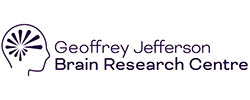

Supported by:


